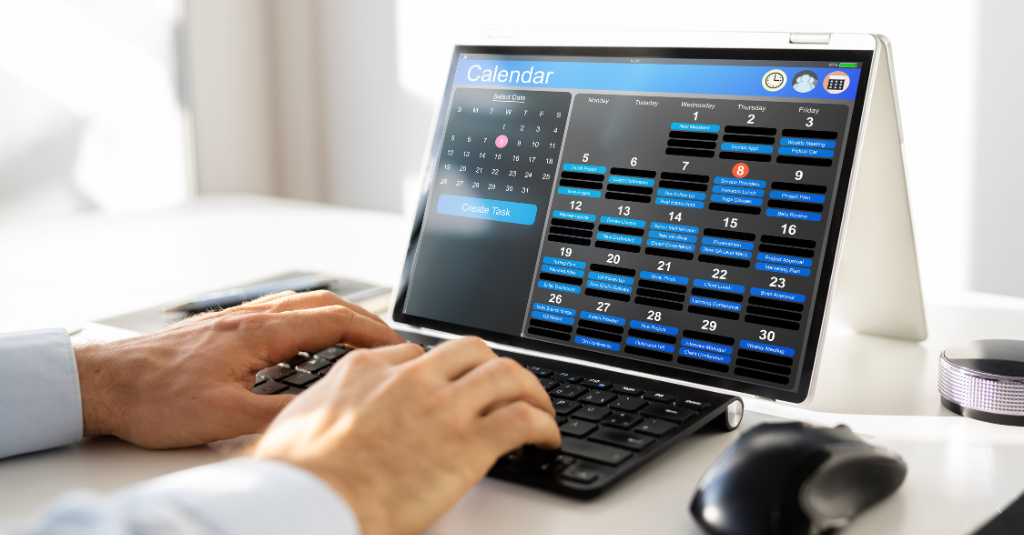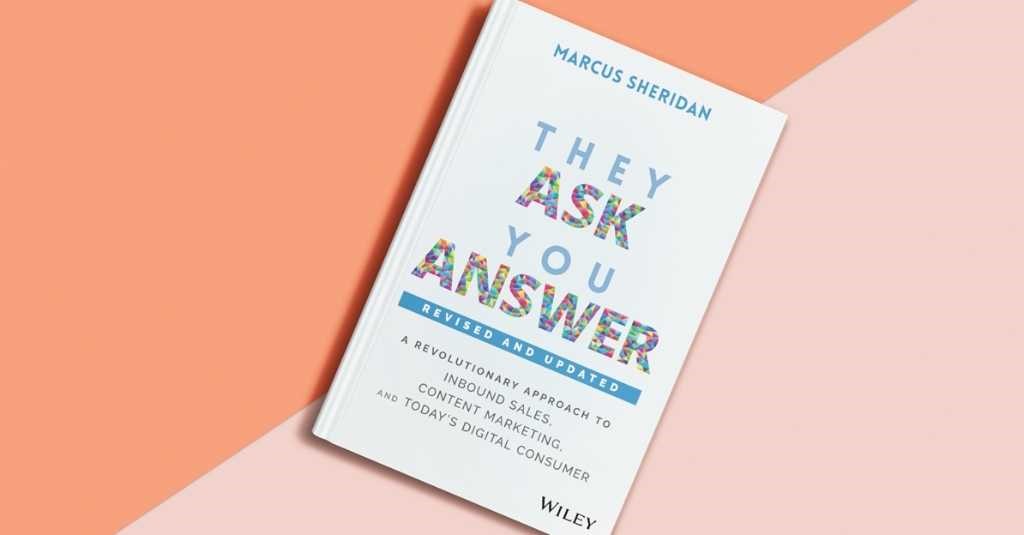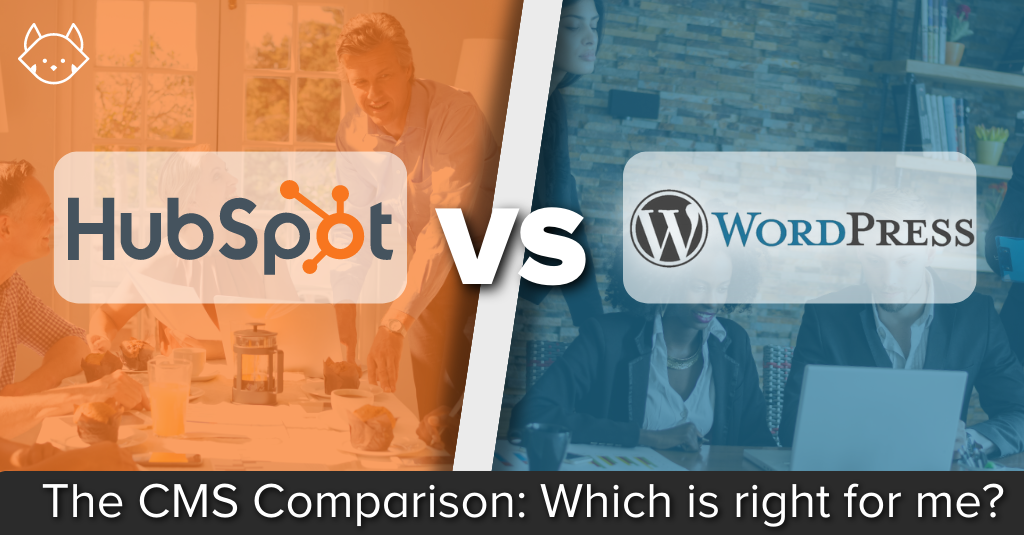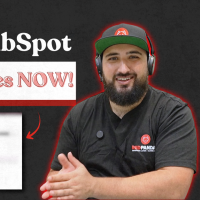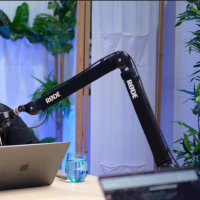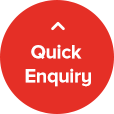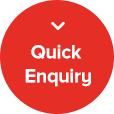Are you tired of juggling multiple calendars and missing important meetings because your schedule isn’t in sync with your HubSpot account? Many HubSpot users feel overwhelmed trying to manage their appointments and tasks across different platforms. This disconnect can lead to missed opportunities and a lot of unnecessary stress.
As experts in HubSpot integrations, we understand the pain points that come with trying to streamline your scheduling. We’ve helped numerous clients connect their calendars to HubSpot, and what we usually see as a result is more organised workflows and improved productivity.
In this article, you will learn how to easily connect your calendar to HubSpot, ensuring your meetings and tasks are seamlessly integrated and secure.
By the end of this guide, you’ll have the knowledge and confidence to sync your calendar with HubSpot, saving you time and helping you stay on top of your schedule.
Why Connect Your Calendar to HubSpot?
Integrating your calendar with HubSpot can transform the way you manage your time and tasks. Here are some reasons why you should connect your calendar to HubSpot:
1. Streamlined Scheduling
When your calendar is connected to HubSpot, scheduling meetings becomes a breeze. You can view your availability directly within HubSpot and easily send meeting invites without switching between applications. This integration eliminates the back-and-forth emails often required to set up meetings, saving you valuable time.
2. Improved Productivity
By having all your appointments and tasks in one place, you can better manage your day. HubSpot’s integration with your calendar ensures that you don’t double-book yourself or miss important meetings. This centralisation helps you focus on your work instead of constantly checking multiple calendars.
3. Enhanced Collaboration
For teams, calendar integration means everyone is on the same page. When your team’s calendars are synced with HubSpot, it’s easier to coordinate meetings, share availability, and collaborate on projects. This seamless communication enhances team productivity and ensures that everyone is aligned.
4. Automated Updates
With your calendar synced to HubSpot, any changes you make—whether rescheduling a meeting or adding a new task—are automatically updated across both platforms. This automation reduces the risk of errors and ensures that your schedule is always up to date.
5. Better Data Insights
Integrating your calendar with HubSpot can provide valuable insights into your scheduling patterns. You can track how much time you spend on various activities, such as client meetings, internal discussions, or project work. These insights can help you optimise your schedule and identify areas where you can improve efficiency.
6. Increased Client Satisfaction
When your calendar is connected to HubSpot, you can offer your clients a more seamless experience. They can easily book time with you based on your availability, reducing the hassle of finding a suitable meeting slot. This convenience can lead to higher client satisfaction and stronger relationships.
Integrating your calendar with HubSpot is not just about convenience—it’s about creating a more efficient, productive, and collaborative work environment.
But, what types of calendars are compatible with HubSpot?
Types of Calendars Compatible with HubSpot
Connecting your calendar to HubSpot is straightforward, but it’s essential to know which calendar services are compatible.
Here are the primary types of calendars you can connect to HubSpot:
- Google Calendar
- Outlook Calendar
- Office 365 Calendar
- iCloud Calendar
- Other CalDAV-based Calendars
And here’s what each calendar can and can’t do when connecting to HubSpot:
| Feature | Google Calendar | Outlook Calendar | Office 365 Calendar | iCloud Calendar | Other CalDAV-Based Calendars |
| Sync meetings and events automatically | Yes | Yes | Yes | Yes | Yes |
| Schedule meetings directly from HubSpot CRM | Yes | Yes | Yes | Yes | No |
| View your availability and send booking links | Yes | Yes | Yes | No | No |
| Receive reminders and notifications within HubSpot | Yes | Yes | Yes | Yes | No |
| Schedule and manage meetings from within HubSpot | Yes | Yes | Yes | Yes | No |
| Share your availability and send meeting invites | Yes | Yes | Yes | No | No |
| Integration with other services (e.g., Apple ecosystem) | No | No | No | Yes | No |
| Supports CalDAV protocol | No | No | No | No | Yes |
Now that you know which calendars are compatible, let’s move on to the step-by-step guide for connecting your calendar to HubSpot.
Step-by-Step Guide to Connecting Your Calendar to HubSpot
Here’s the official HubSpot step by step guide on exactly how to set up your calendar on HubSpot.
Connecting Your Google Calendar to HubSpot
1. In your HubSpot account, click the settings settings icon in the top navigation bar

2. In the left sidebar menu, navigate to General.

3. Click the Calendar tab.

4. Click Connect your Calendar.

5. In the dialog box, Google / Gmail, Office 365 or Microsoft Exchange depending on which calendar you want to connect to, and then select the connect button.

From here, the steps will be slightly different depending on which calendar you choose. If you choose Google / Gmail, then you will be required to sign in with Google and will be prompted to allow permissions. This is a similar process if you choose to connect to Microsoft Outlook.
However, if you choose Microsoft Exchange, you will need to make sure you have the following information from your email server beforehand:
- Email address
- Password
- Username
- Exchange URL
- Exchange Version
Here’s an example of what these values might look like:
| Information (*required) | Example values |
| Email address* | jdoe@hubspot.com |
| Password* | HubSpot123 |
| Username | jdoe |
| Exchange URL | https://email.hubspot.com/ews/exchange.asmx |
| Exchange version | Exchange 2010 SP2 and above |
Before connecting your Exchange calendar, confirm with your IT team that your Exchange server is running Exchange 2010 SP2 and above.
So, What’s Next?
After reading this guide, you should have all the information you need to set up your calendar on HubSpot.
Want to transform your use of HubSpot even further? Check out our article on the best 5 HubSpot features.

